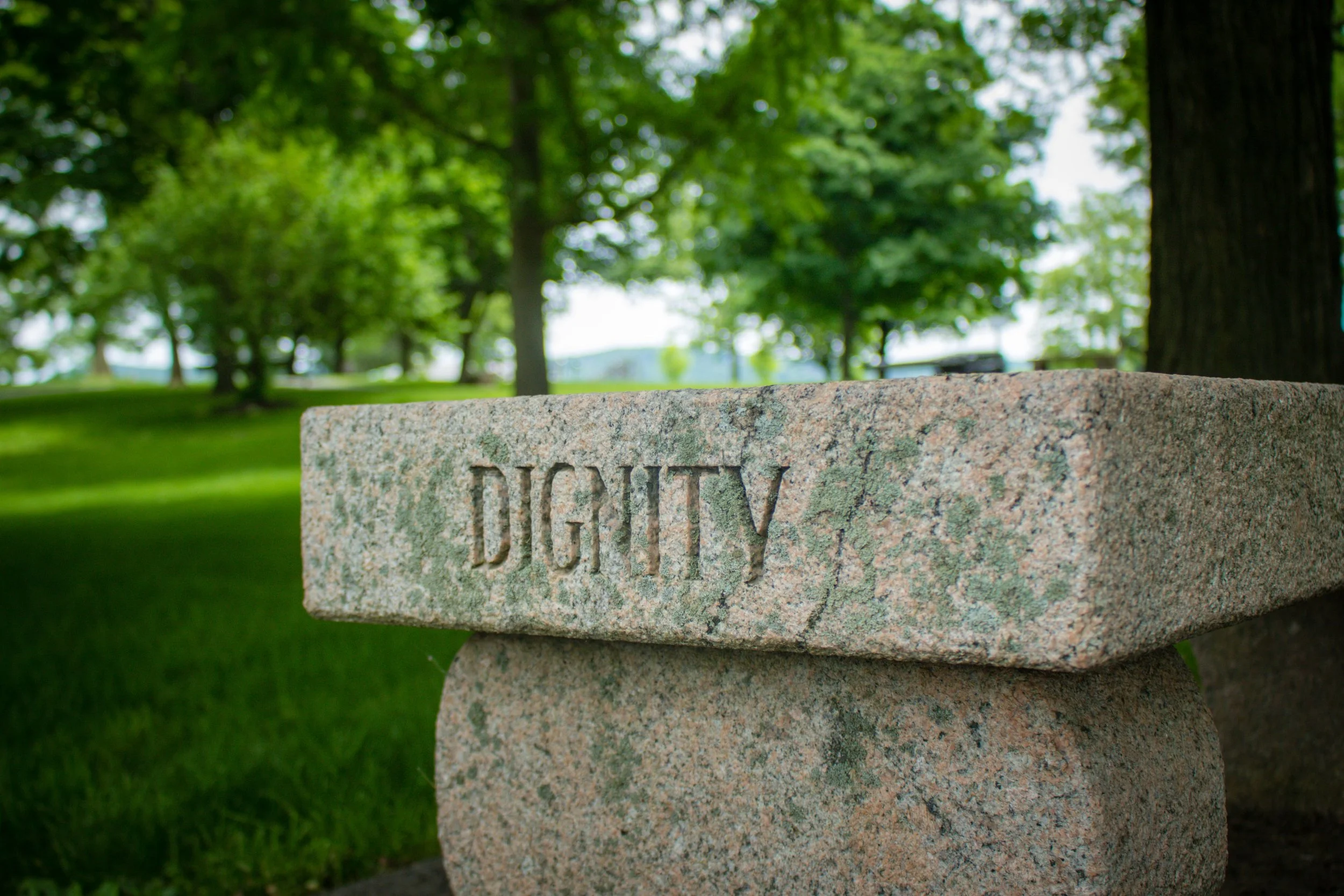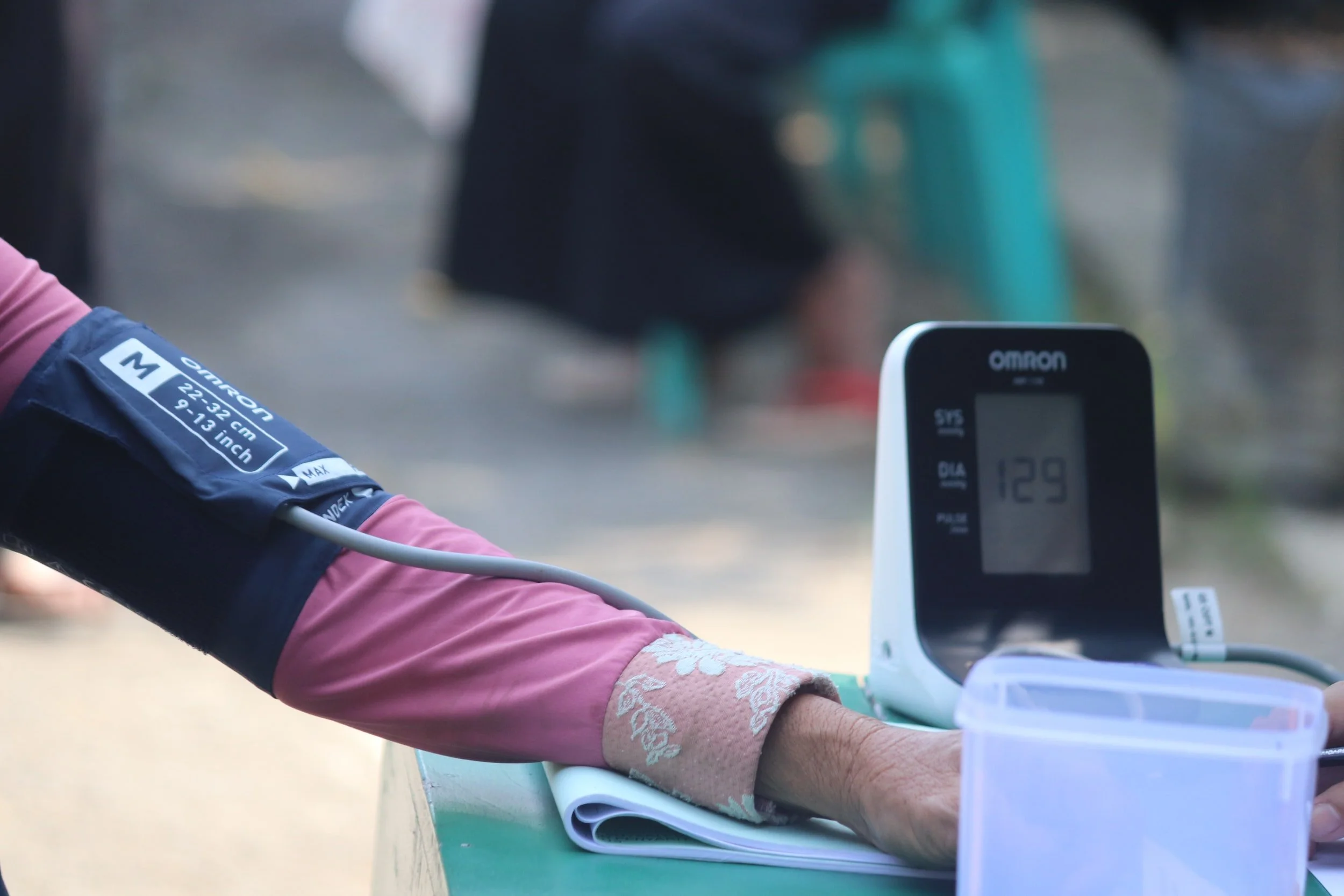A strong, skilled, and compassionate care team is the foundation of a successful Adult Family Home (AFH). Providing quality care to residents requires dedicated caregivers who are well-trained, motivated, and aligned with your home’s values. However, many AFH providers face challenges in hiring the right staff, ensuring thorough training, and retaining quality caregivers.
Our goal is to help make your job a little bit easier by providing the exact assistance you need.




















